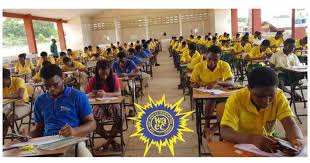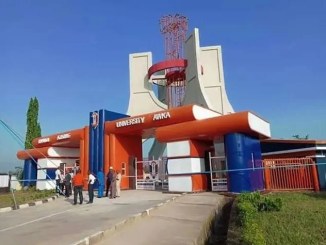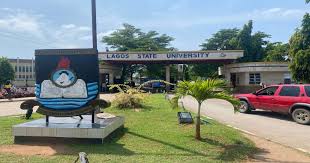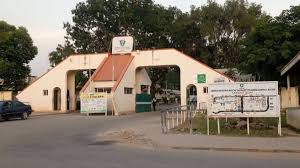
10 MBA Scholarships for International Students in 2025
Pursuing an MBA can be a life-changing experience, especially for international students looking to expand their knowledge and advance their careers. However, the costs associated […]

Pursuing an MBA can be a life-changing experience, especially for international students looking to expand their knowledge and advance their careers. However, the costs associated […]

Pursuing a master’s degree can be a life-changing opportunity, but many students worry that their academic records might hold them back. If you hold a […]

Scholarships play a pivotal role in making higher education more accessible. They can alleviate the student loan debt of tuition and other associated expenses, but […]

Finding a field you want to study can be daunting. Most people find it difficult to make this decision because they don’t know their passion […]

International scholarships are highly desired for their potential to open doors to world-class education and experiences. However, the increasing competitiveness of scholarships has made the […]

In the world of academia, one of the biggest challenges is the fees. Formerly, this deprived a number of individuals from getting quality education. Currently, […]

The competition in winning a scholarship is often fierce, with millions of individuals vying for thousands or even hundreds of scholarship positions. Therefore, scholarship essays […]

The West African Examination Council (WAEC) GCE registration for private candidates – second series 2024 has officially begun. This comprehensive guide will help you navigate […]
This is to inform all students of the Borno State University (BOSU) that the school management has released the school fees schedule for the 2024/2025 […]
The management of Gombe State University (GSU) is pleased to the general public that the National Universities Commission (NUC) has approved the establishment of the Faculty […]
JAMB has officially announced that the 2025 UTME registration will begin on January 31st and end on March 5th, 2025. This information was disclosed by […]
The Management of Kwara State University, Malete, wishes to state that JAMB’s announcement of a 1-year ban on admission into KWASU’s law programs is as […]

The University Community is hereby informed that the 19th Convocation Ceremonies of the University has been scheduled to hold from Wednesday 26th to Friday 28th […]
This is to inform the general public that online application for admission into the 77 Regular Course of the Nigerian Defence Academy (NDA), Kaduna will […]
This is to inform prospective postgraduate students of the Sokoto State University that the management has made available the supplementary admission list for 2024/2025 academic […]

The Senate of Lagos State University has today, Monday, 27th January 2025, elected Professor Oseni Taiwo AFISI as the Deputy Vice-Chancellor (Academics) of the University. […]
The maiden edition of Adeola Oyinlade & Co National Essay Competition is organised and sponsored by Adeola Oyinlade & Co., a leading full-service law firm […]

The Abubakar Tafawa Balewa University (ATBU), Bauchi is inviting suitably qualified candidates to apply for admission into the International Master of Science Program in the […]
Copyright © 2025 | WordPress Theme by MH Themes